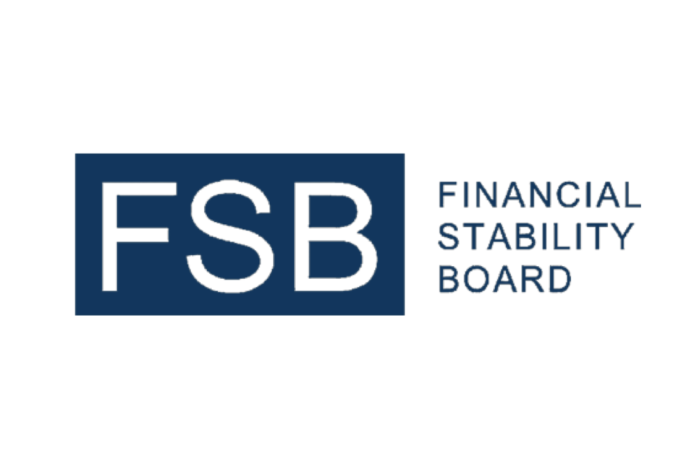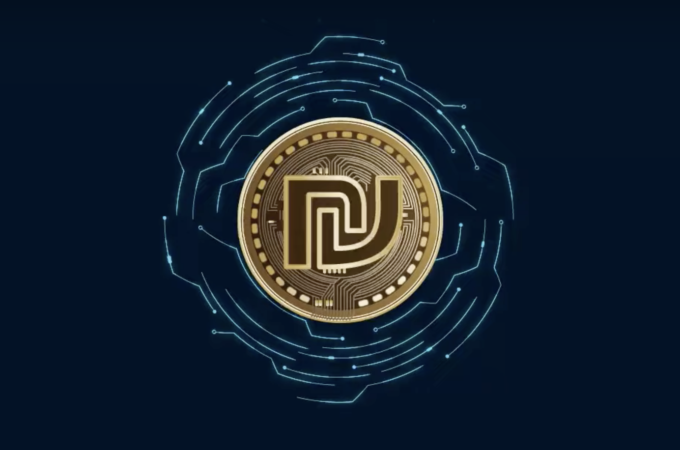Why The Payments Industry Is Ready For Disruption In 2016
By Aj Agrawal for Huffington Post
The payments industry is in panic mode. Payments companies realize they’re under threat from the rise of fintech startups. Financial technology companies are doing what big payments companies are doing better than they are. They are giving customers what they want, and that’s never a good thing if you’re on the receiving end of it.
2016 is certainly going to be the year where the payments industry is going to suffer a huge amount of disruption. In fact, only 4% of payments companies have failed to address fintech. That’s how scared the industry is.
So why is the payments industry ready for disruption in 2016?
Customer Churn is a Huge Problem
The sheer amount of competition in the payments industry is what is driving much of this change. Most companies are having problems keeping their customers with them. There’s next to no loyalty in this industry because most organizations have similar offerings. It’s all about how much it’s going to cost to manage your money. And people are willing to switch.
Customer churn is forcing innovating because fintechs are looking to address this problem in a big way. They’re looking to score the decisive breakthrough that will reduce churn and overcome their competitors.
Security is a Major Customer Fear
The level of financial fraud is going up every year, and it’s starting to hit a breaking point. Customers are scared and they want more from their payments companies. Unfortunately for them, fintech companies are coming up with innovative ways to get around this.
For example, they are working on fingerprint verification, eye verification, and even finger vein verification. Finger vein verification goes far beyond what any big corporation currently has on offer. It’s the tracking of the finger vein pattern unique to every human.
Customers are hearing about this and they want more of it, and they’re not getting it from their current providers.
Going Mobile
The Bank of England announced that it would be forcing banks to begin mobile app adoption at a faster rate. A lot of banks in the UK already have phone apps, but they’re only able to be used for small amounts. And many banks don’t have this capability at all. The higher powers controlling the banks are now demanding that banking goes mobile.
The march towards this has been on for some time. We can see this through the closure of various bank branches. More and more applications are also being handled exclusively online and over the phone. These signs coming out of the UK are sure to be seen throughout the rest of the world soon enough.
In short, financial institutions need to start thinking digital because if they don’t they’re never going to be able to keep up. Fintech startups are surging ahead and it appears that there’s no stopping them.
Electronic Payments Become More Popular
Cash is going down and people are no longer interested in withdrawing cash in the conventional way. They want to be able to use things like virtual terminals and apps to pay. Frictionless payments have come out of this desire, but the payments industry hasn’t responded. They have only managed to respond at a slow pace.
Electronic payments are becoming more popular, and there are a lot of fintech startups to watch as they continue to fill in the ground that the payments industry has failed to take.
So Will Fintech Lose its Influence Soon?
This is entirely up for debate. Fintech is on top now purely because the payments industry has been so slow to react. Of those companies that have reacted many of them have even established subsidiary fintech companies. That’s an interesting thing to see because it essentially means that fintech isn’t going to lose its influence.
The chances are when the payments industry does begin to catch up many of the fintech companies seen today will fade away. But for the foreseeable future they’re certain to continue to push forward and dominate this space.
Conclusion
Fintech companies have done much to change the payments industry. 2016 is certainly going to be the year they disrupt much of the industry. The payments industry is set to lose a lot of they don’t react, but that’s a good thing for customers who’re worried about fraud and convenience.
Where this industry goes next is anyone’s guess, though. New innovations are coming out all the time and there’s no telling where it’s going to go.
What are your predictions for the future of the payments industry?
First appeared at Huffington Post





